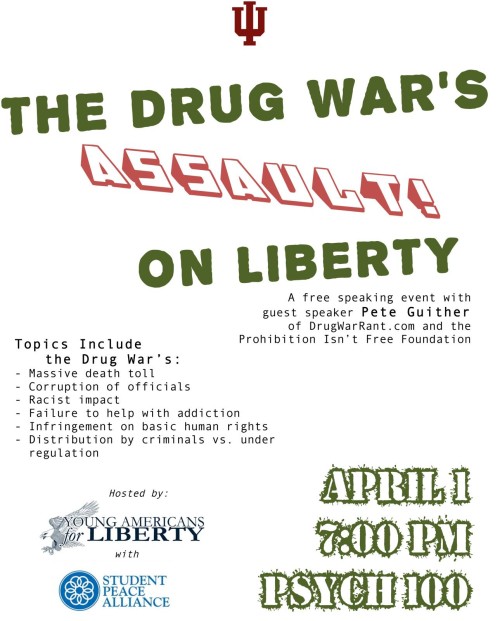![]() Smoking Marijuana for 50 Years, and Turning Out Just Fine
Smoking Marijuana for 50 Years, and Turning Out Just Fine
Not the kind of person that prohibitionists like to admit even exists.
Awkward joke by the author about marijuana being a gateway to writing a book, but otherwise, nice little article.
![]() New Mexico: Governor Signs Bill on Civil Forfeiture
New Mexico: Governor Signs Bill on Civil Forfeiture
Gov. Susana Martinez signed a bill Friday virtually ending the practice of civil forfeiture, making the state a leader in sharply restricting a contentious policy that critics say deprives citizens of due process and gives law enforcement a profit motive. “This is landmark legislation to protect people’s property and due process rights,†said Lee McGrath, a lawyer with the Institute for Justice, a libertarian civil rights group that has long campaigned against the practice. The law preserves criminal forfeiture, in which assets tied to crime can be taken if the owner is convicted.
![]() Human Rights Watch Sues DEA over Bulk Collection of Americans’ Telephone Records
Human Rights Watch Sues DEA over Bulk Collection of Americans’ Telephone Records
Los Angeles — Human Rights Watch, a nonpartisan organization that fights human rights abuses across the globe, filed suit against the U.S. Drug Enforcement Administration late Tuesday for illegally collecting records of its telephone calls to certain foreign countries as part of yet another government bulk surveillance program. The group is represented by the Electronic Frontier Foundation (EFF), which has launched a series of legal challenges against unconstitutional government surveillance.
“The DEA’s program of untargeted and suspicionless surveillance of Americans’ international telephone call records—information about the numbers people call, and the time, date, and duration of those calls—affects millions of innocent people, yet the DEA operated the program in secret for years,’’ said EFF Staff Attorney Nate Cardozo. “Both the First and Fourth Amendment protect Americans from this kind of overreaching surveillance. This lawsuit aims to vindicate HRW’s rights, and the rights of all Americans, to make calls overseas without being subject to government surveillance.â€
![]() Where Do Presidential Candidates Stand on Marijuana?
Where Do Presidential Candidates Stand on Marijuana?
Nice run-down by Tom Angell.
![]() In Mexico, new demand for ‘the good stuff’ grown in U.S.
In Mexico, new demand for ‘the good stuff’ grown in U.S.
Hmmm… will this change border dynamics?

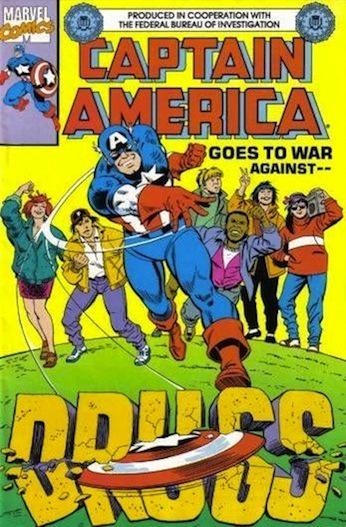
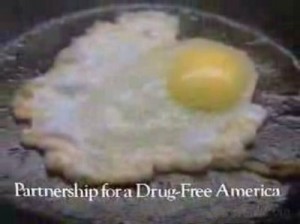
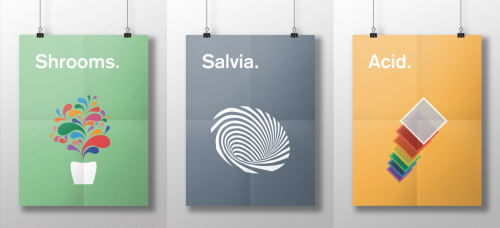
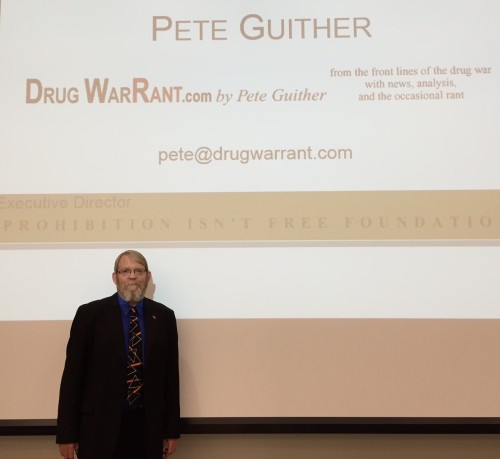
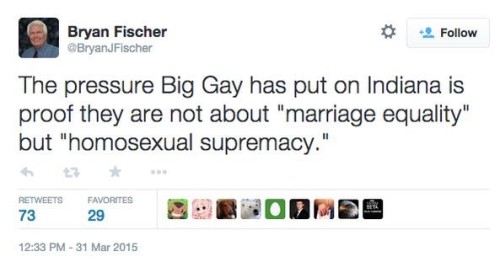
 Perhaps with
Perhaps with 